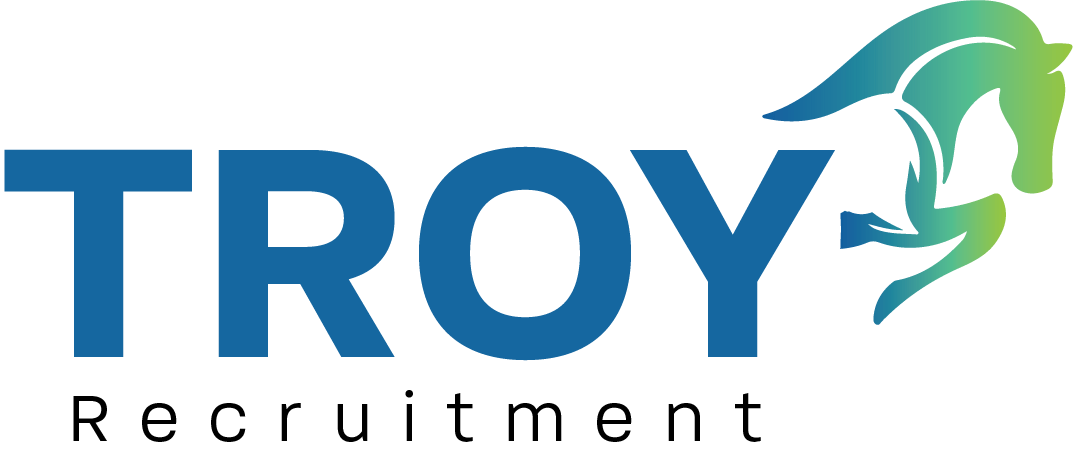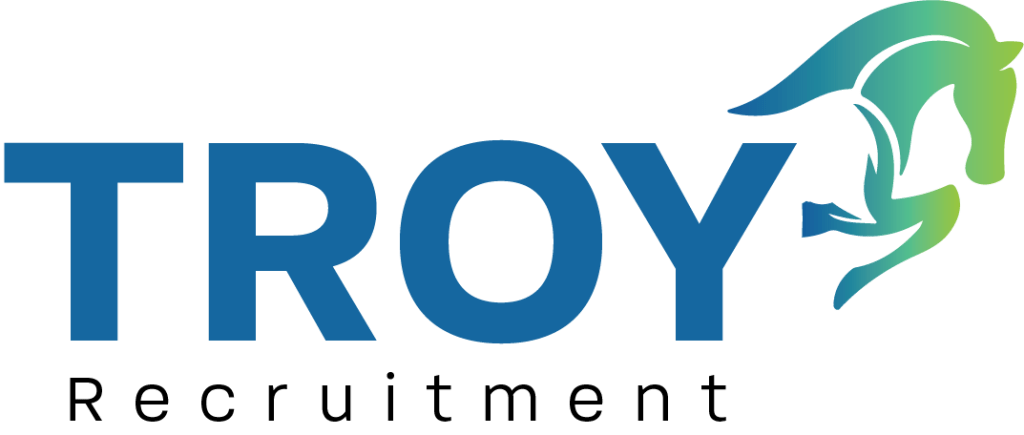A well crafted resume is essential for securing an interview and advancing your career in forensic accounting, insolvency, risk, and loss adjusting. In the competitive job market, your resume needs to be more than just a record of your past roles—it should be a strategic document that highlights your expertise, achievements, and value to potential employers. Here’s how to create a winning resume tailored to your industry.
1. Start with a strong header
Your resume should begin with a professional header that includes:
- Your full name
- Contact information (phone number and professional email address)
- LinkedIn profile (if applicable)
- Professional accreditations (e.g., CA, CPA, ANZIIF, CFE)
2. Write a compelling summary statement
Your summary should be a concise introduction that highlights your expertise, experience, and key strengths in your field. This is one of the most important parts of your resume, as it’s integral for capturing the attention of Hiring Managers and Recruiters and helping you stand out. Ensure it aligns with the roles you are applying for.
Example:
“Experienced Forensic Accountant with over seven years of expertise in financial investigations, fraud risk assessments, and litigation support. Skilled in forensic analysis, regulatory compliance, and expert witness reporting. A proven track record in identifying financial irregularities and delivering strategic solutions.”
3. Focus on key skills
Many recruiters use applicant tracking systems (ATS) to scan resumes for specific keywords. A well-structured “Key Skills” section ensures your resume gets noticed. Tailor this section to the job description by including relevant technical and soft skills.
Example:
- Financial Investigation & Fraud Detection
- Insolvency & Restructuring
- Risk Assessment & Compliance
- Litigation Support & Expert Witness Reporting
- Business Valuations & Dispute Resolution
- Claims & Loss Adjustment
- Regulatory Frameworks & Compliance (ASIC, APRA, IFRS)
4. Highlight your work experience
Your experience section should be structured to emphasise achievements rather than just listing responsibilities. Use bullet points to make it easy to read and start each point with a strong action verb.
Example:
Forensic Accountant | XYZ Advisory | 2018–Present
- Conducted forensic investigations into financial fraud, leading to the recovery of over AUD $5 million in misappropriated funds.
- Provided expert witness testimony in high-profile litigation cases, supporting successful legal outcomes.
- Advised corporate clients on regulatory compliance and risk mitigation strategies, reducing exposure to financial misconduct.
5. Showcase your education & professional qualifications
List your educational background and relevant professional certifications, particularly those that enhance your credibility in the field.
Example:
CA Qualified | Chartered Accountants Australia and New Zealand (CA ANZ) | 2017
Masters of Forensic Accounting and Financial Crime | Macquarie University | 2015
Diploma of General Insurance | ANZIIF | 2014
6. Add certifications & professional development
Continued professional development is highly valued in these industries. Include any relevant certifications, training, or memberships that demonstrate your commitment to ongoing learning.
Example:
- Certified Fraud Examiner (CFE)
- Registered Liquidator (ASIC, ARITA)
- Chartered Loss Adjuster (ANZIIF, AICLA)
7. Keep it clear and concise
A winning resume should be clear, well-structured, and professional. Follow these formatting tips:
- Keep it to two pages (unless you have extensive experience requiring more detail).
- Use a professional font (Arial, or Calibri).
- Maintain consistent formatting and spacing.
- Save as a PDF to preserve formatting.
8. Tailor your resume for each application
Customising your resume for each job application is crucial. Carefully review the job description and highlight your most relevant experiences and skills.
9. Proofread for errors
Typos and grammatical mistakes can undermine your credibility. Proofread your resume carefully and consider using a professional proofreading service. Asking a mentor or colleague to review it can also provide valuable feedback.
Conclusion
Creating a winning resume requires a strategic approach. By focusing on clarity, relevance, and impact, you can make a strong impression on potential employers in forensic accounting, insolvency, risk, and loss adjusting. Take the time to refine your resume, and you’ll be one step closer to advancing your career in these highly specialised fields in Australia.
For more career tips and insights follow us on LinkedIn or get in contact with our team.







